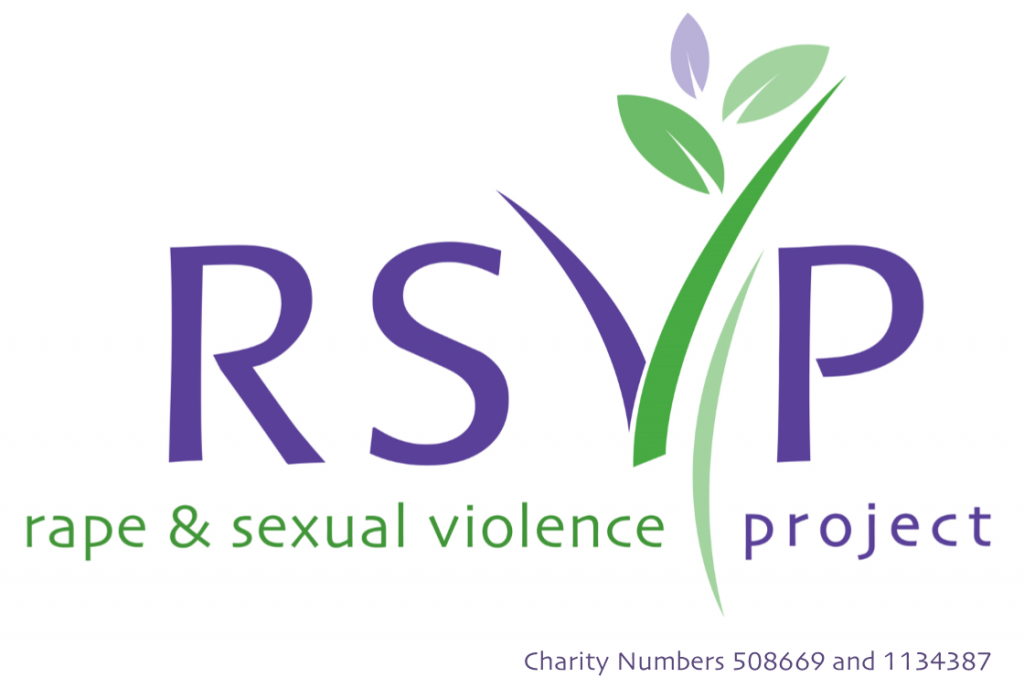Being Told About Abuse
If a child or young person has made a disclosure about sexual violence and abuse to you, it may be difficult to hear, but it means that they have chosen you because they trust you very much. It is vital that you react in a responsible and compassionate way. Below are some helpful tips.
Do
Talk about signs you’ve noticed or respond to what they’ve told you:
- Move to a quiet place that is free from distractions and interruptions.
- Be calm and patient, let the child or young person go at their own pace.
- Ask open ended questions and let the child or young person answer in their own words
- Let the child know that telling you was brave and you’re pleased that they did.
- Let them know that they have done nothing wrong and that you will do your best to keep them safe.
- Use language that is easy to understand.
Don’t
The messages you send are vital, avoid blaming, minimising, or frightening the child or young person:
- Avoid quizzing or judging the child or young person.
- Don’t tell your child to get over it, or suggest that telling you was a problem.
- Avoid suggesting that you blame them or yourself.
- Avoid making promises about the future or confidentiality that you can’t keep.
- Don’t use a purely medical approach, as this will leave the child or young person with multiple unmet needs.
